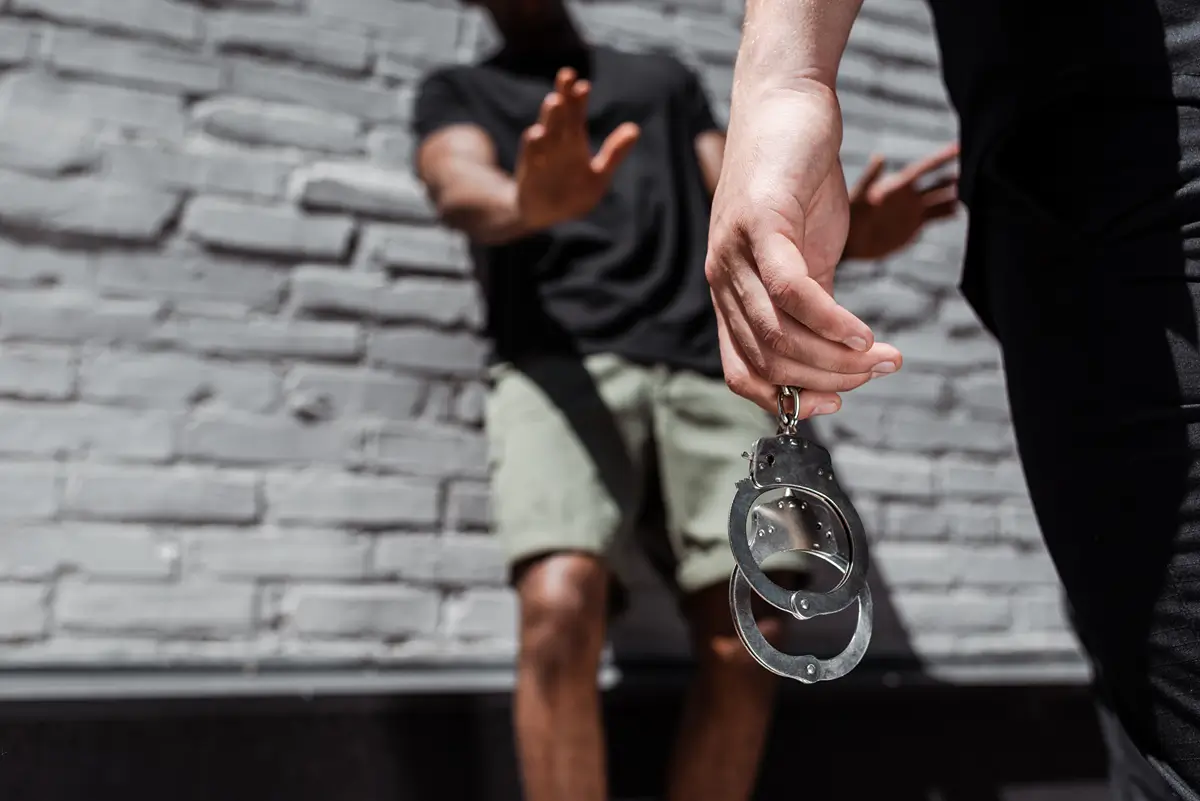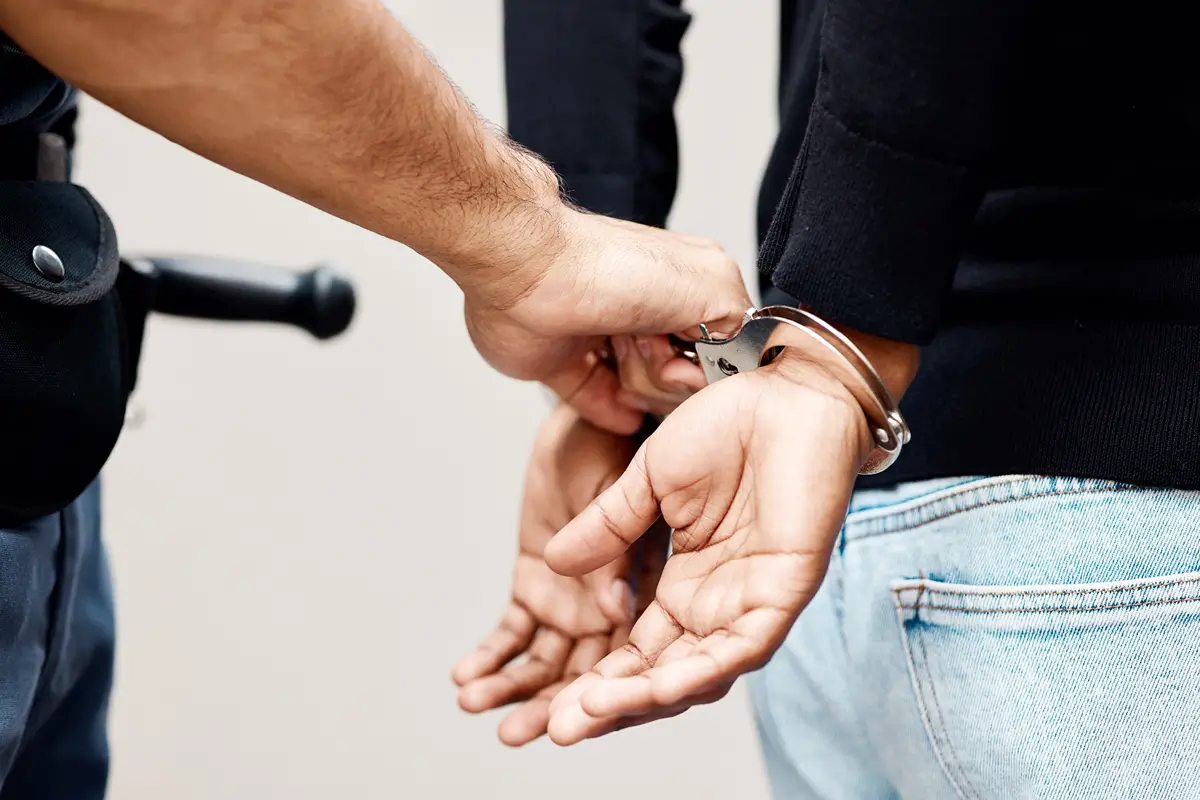Expungement of Criminal Records in Indiana
Like it or not, we have all done something we regret. Everyone has indulged in a teenage bout of recklessness or an impulsive mistake. Sometimes, though, these isolated events land you in court or in jail. An underage drinking bust in college or a wild night out with friends that ends in a public brawl can hurt much more than your pride – get convicted and your criminal record can haunt you for years.
Long after you have owned up to your mistakes and corrected your behavior, old convictions can prevent you from getting a job, renting an apartment, or serving in the military. Even relatively minor offenses can stop you from pursuing important goals. Fortunately, recent changes in Indiana law make it possible to get rid of prior convictions in certain circumstances.
Indiana’s Second Chance Law
In previous years, Indiana’s expungement statute was one of the most restrictive in the country. Under the old law, expungement was only available under the following limited circumstances:
- Criminal charges that were later dismissed
- An acquittal after a criminal trial
- A conviction that was subsequently vacated
In other words, offenders who had actually been convicted of a crime were stuck with permanent criminal records.
Fortunately, state lawmakers recognized the need for comprehensive reform. As of July 1, 2013, Indiana’s expungement law was expanded to give good people the opportunity to correct bad mistakes. As a result, the new expungement statute is often referred to as The Second Chance Law.
What Types of Convictions Can Be Expunged?
Under the new law, various types of convictions have different requirements. Due to the complexity of the revised statute, experts caution against attempting to obtain an expungement without the help of an experienced attorney.
Misdemeanors. To expunge a misdemeanor (or a Class D Felony that was reduced to a misdemeanor), you can apply for expungement five years after the date of your conviction. To apply, you must have no pending criminal charges and no convictions within the previous five years.
Class D Felonies. You can petition for expungement of a Class D Felony as long as it was not a violent crime or a sexual offense. Violent crimes are classified as those that result in serious physical injury to another individual. For a Class D Felony, you must wait at least eight years to petition for expungement. As with a misdemeanor, you cannot have any pending charges or convictions within the past eight years.
Class A, Class B, and Class C Felonies. If you were convicted of a major non-violent felony, you must wait at least eight years after you have served your prison sentence before petitioning for expungement. You can have no pending charges and no convictions within the last eight years.
Violent Felonies. Crimes that result in serious bodily harm to another person require a 10-year waiting period. Sex crimes are never eligible for expungement. You must have maintained a clean record within the past 10 years and you cannot have any pending charges. Additionally, the prosecutor must provide written consent to the expungement.
What Is the Process for Expungement?
To obtain an expungement, you must file a petition in the jurisdiction where you were originally convicted. The filing fee is $141.
In some cases, offenders want to have several separate convictions expunged at the same time. If all of your convictions took place in a single county, you can group them together in a single petition. If you have multiple convictions in different counties throughout the state, you must file separate petitions in every country in which you were convicted.
Important Highlights of the New Law
One Expungement Per Person. You can receive just one expungement in your lifetime in the state of Indiana. Because it is quite literally a once-in-a-lifetime opportunity, it is something you should take very seriously. According to the new law, there are no third or fourth chances.
Denial Waiting Period. If your petition is denied, you must wait at least three years before applying again.
Employer Discrimination. The law prohibits employers from discriminating against potential employees who have had criminal records expunged. Furthermore, employers cannot ask if you have had a criminal record expunged.
Restored Rights. An expungement restores all of your civil rights, including the right to vote and the right to own firearms.
As noted, the expungement process and requirements can be tricky. Given the powerful and positive impact a successful expungement can have on your future, consulting with an experienced Indiana criminal lawyer who can assist you with your efforts is highly recommended.






